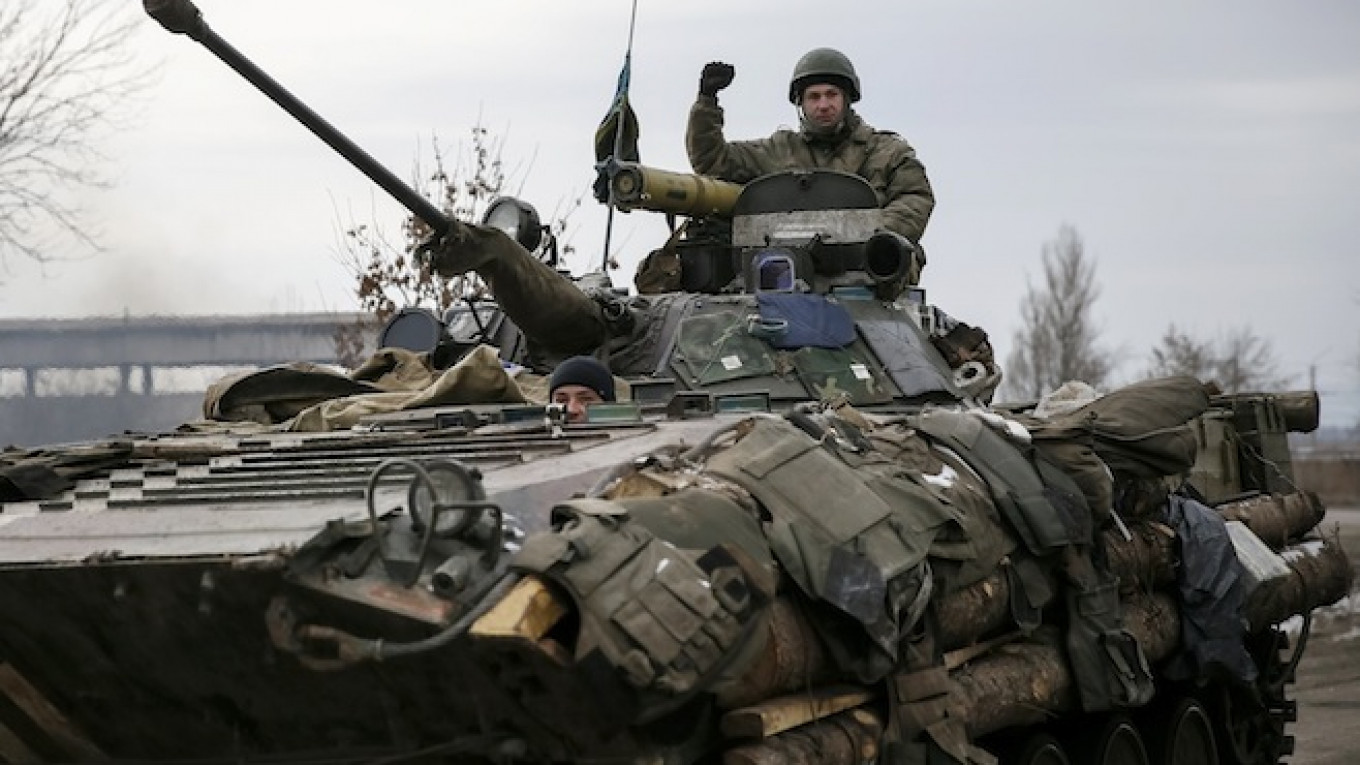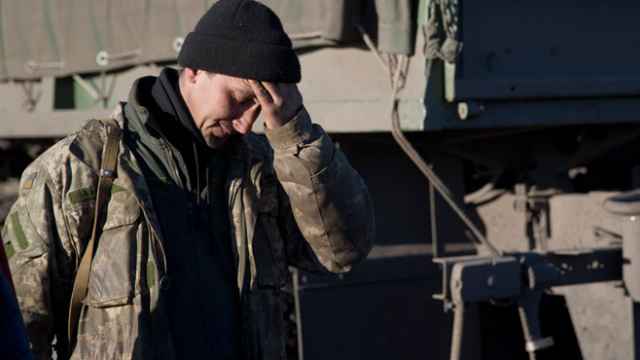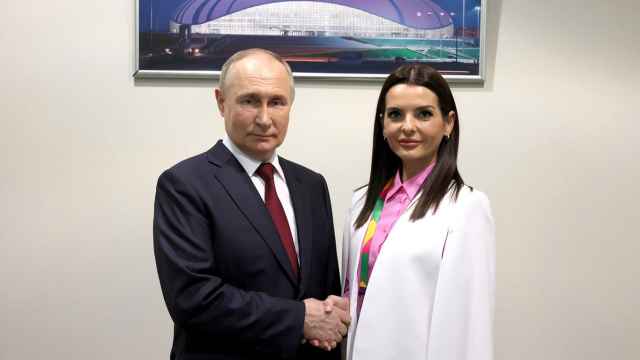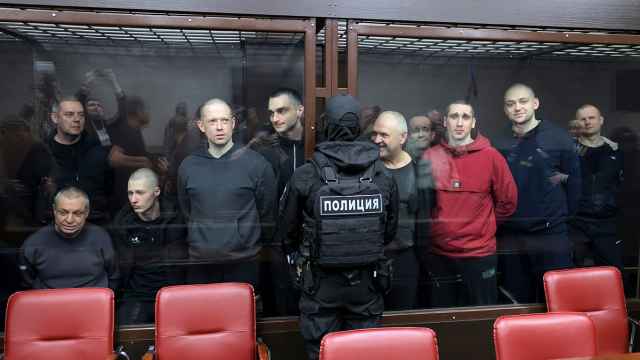ARTEMIVSK/VUHLEHIRSK, Ukraine — Fighting raged in eastern Ukraine on Thursday despite European efforts to resurrect a still-born cease-fire, a day after pro-Russian separatists who spurned the truce forced thousands of government troops out of a strategic town.
Western nations have refused to give up on a peace deal negotiated last week even though rebels disavowed it to seize the strategic railway hub of Debaltseve. Thousands of besieged Ukrainian troops pulled out of the town on Wednesday in one of the worst defeats for the Kiev government of a 10-month war that has killed more than 5,000 people.
European and U.S. official have expressed the hope that the cease-fire can now take effect, with rebels that are fighting for territory the Kremlin calls "New Russia" halting their advance having achieved their main objective in Debaltseve.
But artillery was still raining down near Debaltseve on Thursday, and the Ukrainian military said its troops had come under fire elsewhere from rebels.
Journalists in Vuhlehirsk, a rebel held town near Debaltseve, said artillery was still thundering down in the area, although with less intensity than the previous day.
In Artemivsk, a government-held town north of Debaltseve where Ukrainian troops arrived after evacuating the besieged town, soldiers spoke of their flight under gunfire as they withdrew on Wednesday.
"There are no words to describe it. Along the entire way we were blanketed with shots, wherever there were trees they fired at us from machine guns and grenade launchers. They used everything," said Vadim, a soldier from Ukraine's 30th brigade.
Local military officials said rebels had launched mortar attacks on government-held positions further south, near the coastal city of Mariupol, and were building up forces there.
"Right now there are mortar attacks on Shyrokine," a local military spokesman said by phone, referring to a village about 30 kilometers (19 miles) east of Mariupol, along the coast of the Sea of Azov.
"There is no attempt to seize our positions up to now. The rebels are bringing up reserves," the spokesman said.
Mariupol, a port of 500,000 people, is the biggest government-held city in the two rebellious provinces, and Kiev's biggest fear is that rebels will try to capture it.
Four Leaders Talk
Western countries say Russia is behind the rebel advance, having deployed thousands of troops with advanced weaponry into eastern Ukraine to fight on the separatists' behalf.
Moscow denies it is behind the fighting. It sponsored a UN Security Council resolution calling for all sides to stop firing but never criticized the rebels for advancing on Debaltseve. Russian President Vladimir Putin told Ukraine hours before the town fell that it should allow its troops there to surrender.
The rebels have said Debaltseve is the only place where the cease-fire does not apply, and have suggested they now intend to implement the truce. They have announced that they are pulling back some heavy weapons, which is required under the peace deal.
The deal was agreed at all night talks last week in the Belarus capital Minsk, with the leaders of France and Germany mediating between Putin and Ukraine's President Petro Poroshenko. Those four leaders spoke again by phone on Thursday.
French President Francois Hollande's office said the four had condemned cease-fire breaches and agreed that the package of measures worked out in Minsk should be implemented "strictly and in their entirety."
Representatives of the OSCE security group monitoring events in east Ukraine "should meet the parties on the ground to quickly implement these measures," it said. The four countries' foreign ministers would discuss details later on Thursday.
Germany said Putin had promised to push the rebels to exchange prisoners as agreed under the Minsk deal.
"The prisoner exchange must also start. President Putin agreed to influence the separatists in this direction," government spokesman Steffen Seibert said in a statement.
Poroshenko said on his website that he had protested during the call with Hollande, Putin and German Chancellor Angela Merkel that no one should "pretend that what happened in Debaltseve was in line with the Minsk agreements."
A Message from The Moscow Times:
Dear readers,
We are facing unprecedented challenges. Russia's Prosecutor General's Office has designated The Moscow Times as an "undesirable" organization, criminalizing our work and putting our staff at risk of prosecution. This follows our earlier unjust labeling as a "foreign agent."
These actions are direct attempts to silence independent journalism in Russia. The authorities claim our work "discredits the decisions of the Russian leadership." We see things differently: we strive to provide accurate, unbiased reporting on Russia.
We, the journalists of The Moscow Times, refuse to be silenced. But to continue our work, we need your help.
Your support, no matter how small, makes a world of difference. If you can, please support us monthly starting from just $2. It's quick to set up, and every contribution makes a significant impact.
By supporting The Moscow Times, you're defending open, independent journalism in the face of repression. Thank you for standing with us.
Remind me later.






